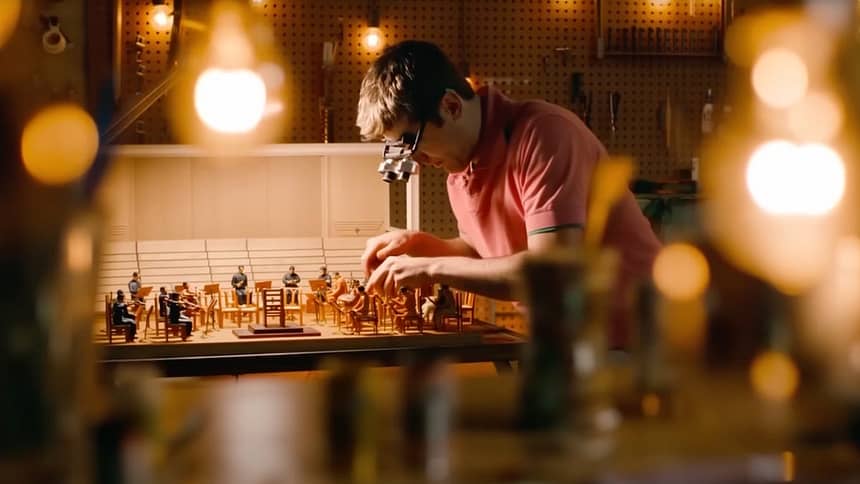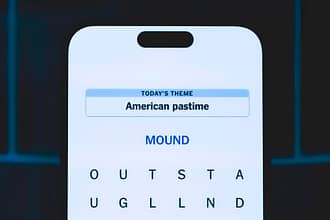It’s been less than a week since OpenAI dropped a sister app to ChatGPT, and it’s been a wild, AI deepfake fever dream. Sora is the company’s brand new invite-only social media app, named after its AI video generator. And some changes are coming that will affect how you can use it.
Sora’s most popular feature is called cameo, and it lets you upload a video of your likeness that you and your friends can place yourself into any AI-generated scene. It’s how I made a video of CEO Sam Altman claiming Gemini is better than ChatGPT, and how CNET smart glasses expert Scott Stein made a scarily realistic version of him reviewing the new Meta AI smart glasses. The advanced model’s capabilities have many people worried about the possibility of misinformation and copyright infringement.
Watch this: Scott Stein Tries Out Sora 2 to Review the Meta Ray-Bans
When you sign up for Sora, you can decide to opt out of letting other people use your likeness. And bigger copyright holders, like movie and game studios, at first needed to opt out if they didn’t want OpenAI’s video model to be able to create clips using their copyrighted characters and imagery.
That simply isn’t how copyright law works, Robert Rosenberg, intellectual property lawyer at Moses and Singer LLP, told me in an interview.
“The law has been around a long time that copyright attaches to works from the moment that they’re created,” Rosenberg said. “For [OpenAI] to say you need to opt out, I think, was a complete non-starter for the copyright community.” OpenAI reversed its stance late last week after Sora’s launch.
And the company isn’t stopping there. OpenAI’s Head of Sora Bill Peebles said on Sunday there are going to be some new cameo restrictions. You always had the option to block other people from using your likeness, but now you can also add restricted keywords or scenarios. For example, you can tell Sora not to allow people to use your face and voice in AI political commentary, Peebles said.
sora update: cameo and safety improvements inbound!
1. cameo restrictions: we’ve heard from lots of folks who want to make their cameos available to everyone but retain control over how they’re used.
starting today, you can now give instructions to sora that restrict the type…— Bill Peebles (@billpeeb) October 5, 2025
The company is also working on making the white watermark more visible when you download videos. Sora’s safety guardrails are still leaning toward overmoderating, as is common with new AI media tools, but the company is refining them to “reduce false negatives and catch loopholes.”
These changes seem good in theory, but it will all depend on how they’re implemented. Sora is a bit unique: It’s a social media platform and an AI video generator. Established law, like Section 230 of the Communications Decency Act, says social media companies are platforms and therefore aren’t responsible for what content their users create and share on them. But we’ve seen entertainment giants like Disney, Universal and Warner Bros. take AI firms to court because their models let people reproduce copyrighted characters without permission. These new changes to Sora could help OpenAI get ahead of similar lawsuits.
“The question is going to be how much responsibility the platforms are taking for these [name, image and likeness] uses,” said Rosenberg. “It’s certainly better than what they came out of the box doing, but the question is whether they’re going to implement it in a way that satisfies individuals and the creative community.”
OpenAI is no stranger to copyright concerns. The New York Times and others have sued, alleging the AI company illegally uses their copyrighted content to feed its AI chatbot. These concerns grew when OpenAI dropped an image generator model and people quickly began to make Studio Ghibli-esque AI images. Copyright continues to be one of the most important and controversial legal issues for AI and content creators. (Disclosure: Ziff Davis, CNET’s parent company, in April filed a lawsuit against OpenAI, alleging it infringed Ziff Davis copyrights in training and operating its AI systems.)






